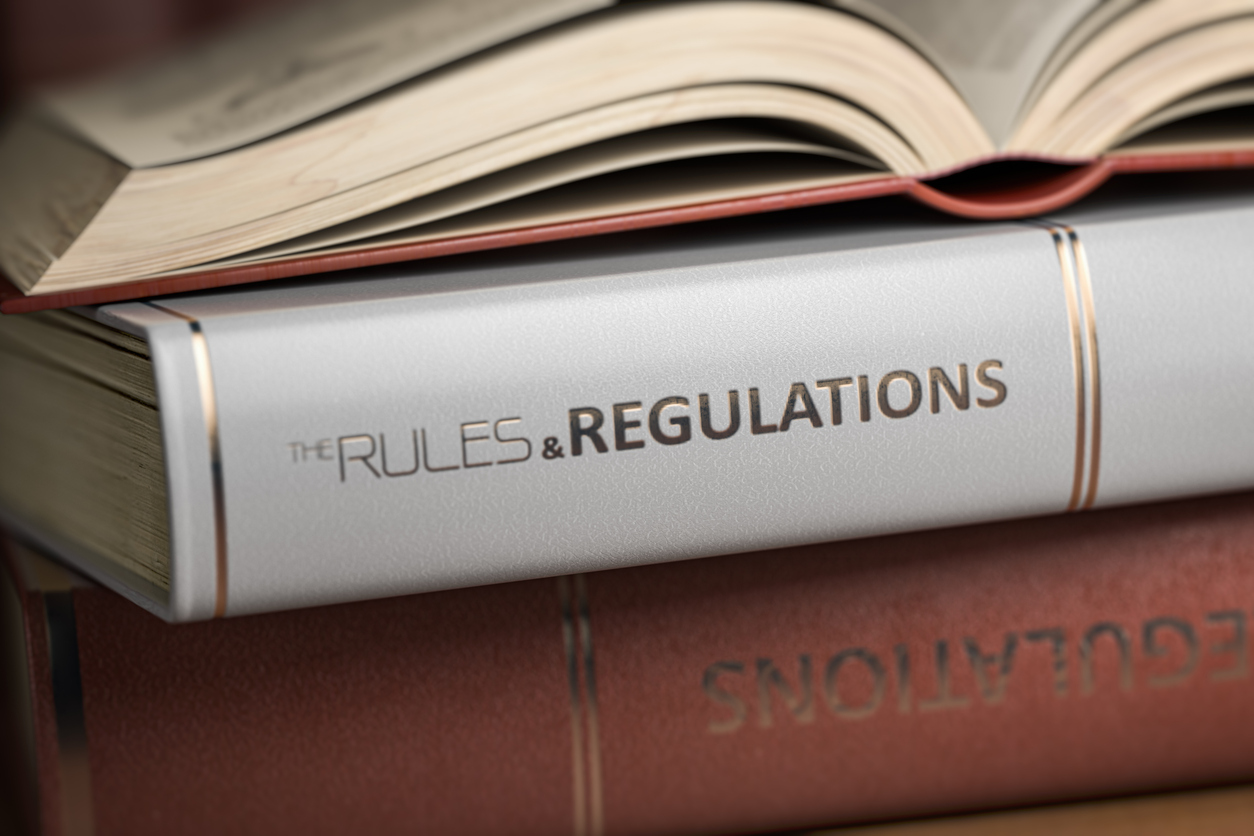The long-awaited and fiercely fought case involving a roofing contractor that challenged the Texas Department of Insurance (TDI) regulations regarding public insurance adjusters and the Texas Insurance Code resulted in the Texas Supreme Court finding for TDI and against the roofing contractor’s First and Fourteenth Amendment arguments of free speech. 1 The bottom line result is that public adjuster licensing laws prevent non-licensed individuals from practicing public adjusting. The free speech arguments do not permit non-licensed restoration contractors to practice public adjusting.
Before analyzing the case, note that insurance restoration contractors can still explain their pricing and method of repair to insurance company adjusters. Indeed, insurance company and independent adjusters, as part of their obligation of good faith, should conduct a full investigation, which includes discussing the pricing and method of repair with the policyholder’s contractor. This activity has long been upheld as proper and is found in bulletins issued by Departments of Insurance and mentioned in this blog.
What is not allowed is for restoration contractors to adjust the claim for the policyholder, contract to provide claim adjustment services for the policyholder, or solicit to conduct public adjusting services. It should be noted that in Texas, public adjusters are prohibited from acting as the contractor and public adjuster on the same case.
The Texas Supreme Court’s analysis of this situation can be summarized as follows:
Court’s Analysis:
- First Amendment:
- Professional Conduct vs. Speech: The court held that the challenged laws regulate professional conduct, not speech. The licensing requirement and dual-capacity prohibition pertain to the role a person plays in the claims process, not the content of their communication.
- Nonexpressive Commercial Transaction: The statutes target nonexpressive commercial activities, such as acting on behalf of an insured in negotiating or effecting the settlement of a claim. These activities are inherently noncommunicative and thus not protected by the First Amendment.
- Speech Incidental to Conduct: The court emphasized that even if speech is involved in these activities, it is incidental to the nonexpressive conduct being regulated. As such, the regulations do not trigger First Amendment scrutiny.
- Fourteenth Amendment (Due Process – Vagueness):
- Fair Notice and Enforcement: A statute is unconstitutionally vague if it fails to give fair notice of what conduct is prohibited or if it allows for arbitrary enforcement. The court found that the statutes in question clearly proscribe the conduct of acting as a public adjuster without a license and of contractors adjusting claims on properties they are contracted to repair.
- Application to Stonewater: Stonewater’s contractual language and advertising materials explicitly authorized them to negotiate insurance claims on behalf of their customers, falling squarely within the statutory definition of a public insurance adjuster. Therefore, the statutes provided sufficient notice and were not vague in this context.
The Texas Supreme Court concluded that the regulations in question do not regulate speech but regulate professional conduct. Those regulations provide clear notice of what is required of them and what is regulated. Regulations that regulate professional conduct, even if they incidentally involve speech, do not implicate the First Amendment.
Further, regulations that prevent public adjusters and contractors from serving in dual roles are reasonable and are designed to prevent conflicts of interest. The court further noted that these public adjusting licensing regulations are not unconstitutionally vague. Instead, they provide clear guidance as to what is allowed and what is not allowed.
I first noted this case over two years ago in “Can Texas Roofing and Restoration Companies Advertise That They Are Insurance Specialists and Can Negotiate on the Policyholder’s Behalf?” I updated the case in a post, Update on the Texas Contractor vs. Unauthorized Practice of Public Adjusting Case, where I stated:
Americans hate to be told that we cannot do something. I feel the same way. Yet, most states regulate who can fix roofs, who can provide engineering services, who can practice law, and who can practice public adjusting to protect our fellow citizens from those who do not have the credentials.
TDI and all departments of insurance have an obligation to protect policyholders and the public. The interpretation of insurance policy terms, benefits that are available, and various legal obligations of policyholders are complex and significant. Many of those issues have nothing to do with the cost of fixing a roof. Having credentialed individuals who are experts in those areas is certainly the business of regulatory bodies, and it is in the public’s interest to prevent those without those credentials from potentially harming the public.
Public adjusting and insurance restoration construction are both very important to the public. The interplay between the two and the role of the regulator is what this case is about.
The current Texas decision resolved these issues by returning to how the insurance and public adjusting laws have been interpreted for quite some time in most jurisdictions, with Illinois being the most significant exception because most public adjusters in Illinois can also legally act as contractors.
Thought For The Day
We do not believe that in this country, freedom is absolute. We do not believe that the individual is absolutely free to do anything he wants.
—Franklin D. Roosevelt
1 Texas Dept. of Ins. v. Stonewater Roofing, Ltd., No 22-0427 (Tex. June 7, 2024).




